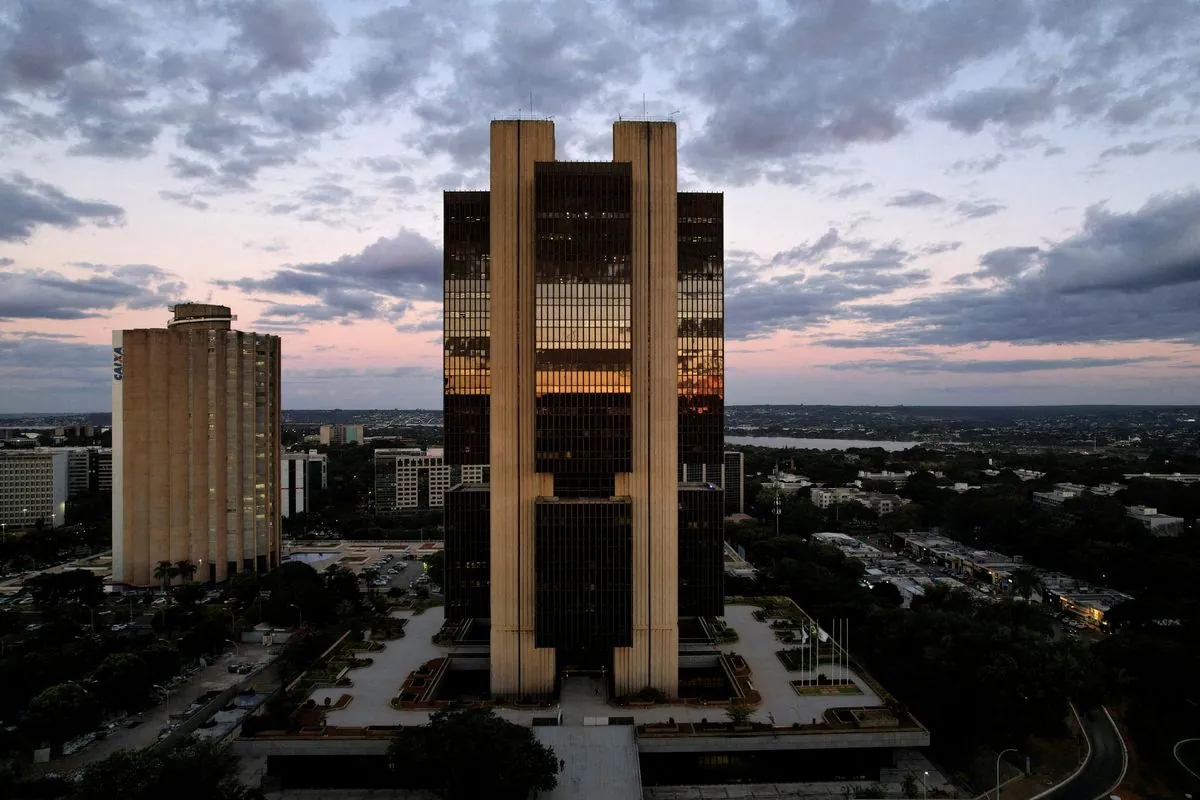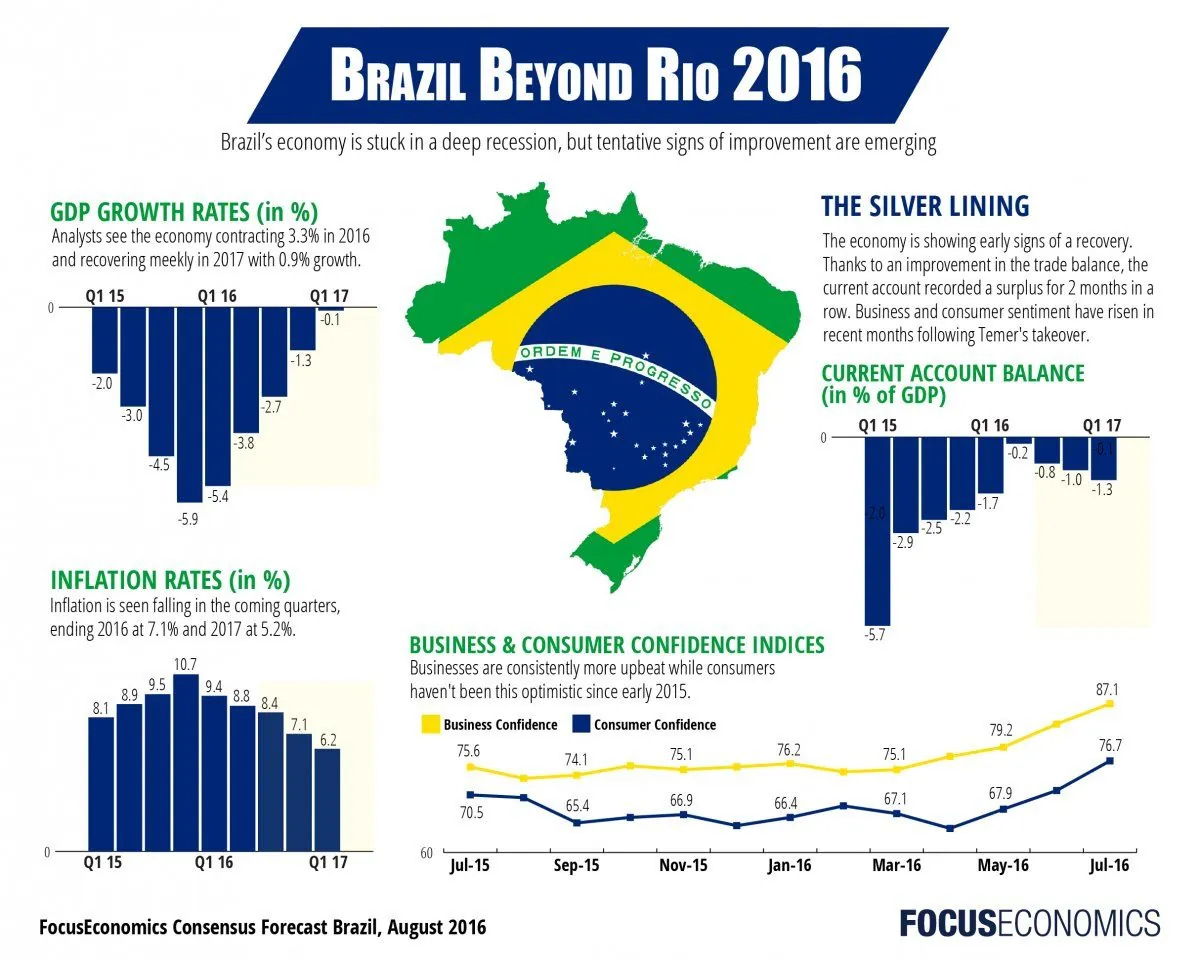Brazil's Budget Deficit Exceeds Expectations Despite Revenue Growth
Brazil's central government reported a higher-than-anticipated primary budget deficit in July 2024, despite significant revenue growth. The government aims to balance the budget by year-end, with new measures planned.

Brazil's central government has reported a primary budget deficit that surpassed economists' projections for July 2024, despite a notable increase in public revenues. The deficit reached 9.283 billion reais ($1.66 billion), exceeding the 8.8 billion reais shortfall anticipated by financial experts.
The fiscal data reveals a complex economic landscape for Brazil, the largest economy in Latin America. While net revenue expanded by 9.5% in real terms to 183.5 billion reais, expenditures outpaced this growth, totaling 192.8 billion reais, even with a 6% decrease in spending.
Over the 12 months leading to July 2024, the cumulative deficit amounted to 233.3 billion reais, equivalent to 2.04% of Brazil's gross domestic product (GDP). This figure stands in stark contrast to the government's ambitious target of eliminating the deficit entirely this year, with a tolerance margin of 0.25% of GDP, allowing for a maximum deficit of around 29 billion reais.

Rogerio Ceron, the Treasury Secretary, provided context for the annual data during a press conference. He explained that the government deliberately front-loaded significant expenditures in the early months of the year, stating, "Now the trend is starting to reverse." Ceron expressed optimism about August's tax revenue, which is set to be officially disclosed later this month.
To ensure the achievement of this year's fiscal target, Ceron revealed that the government is preparing additional revenue measures. These new initiatives could be announced in the upcoming bimonthly revenue and expenditure report scheduled for release later in September 2024.
Brazil's economic challenges are not unprecedented. The country has grappled with various economic crises and periods of hyperinflation throughout its history. The introduction of the Brazilian real as the national currency in 1994 was part of broader stabilization efforts. Since then, Brazil has implemented numerous economic reforms and fiscal adjustments to maintain stability and promote growth.
The current fiscal situation reflects the ongoing struggle to balance public finances in Brazil. The country's complex tax system, spanning federal, state, and municipal levels, contributes to the challenges in revenue collection and fiscal management. Additionally, Brazil's pension system has been a significant factor in public spending, prompting debates about reform.
Despite these challenges, Brazil remains a key player in the global economy. As a member of the BRICS group of major emerging economies, the country has worked to diversify its economic base, which includes robust manufacturing, services, and agricultural sectors. The discovery of substantial offshore oil reserves in 2007, known as the "pre-salt" fields, has also presented new opportunities and challenges for the nation's fiscal outlook.
As Brazil continues to navigate its fiscal challenges, the government's commitment to meeting its deficit reduction targets will be closely watched by economists and investors alike. The success of these efforts could have significant implications for Brazil's economic stability and growth prospects in the coming years.


































